<?php
include('dbLink2.php');
$quizqr = $_GET['quizQR'];
$recordsID1 = $_GET['recordsID1'];
$recordsID2 = $_GET['recordsID2'];
$m_array1=array();
$m_array=array();
$sql = "SELECT quizQR, recordsID FROM `registertestactivity` WHERE (quizQR = '$quizqr' OR recordsID = '$recordsID1' OR recordsID = '$recordsID2') LIMIT 1";
$result = @mysqli_query($link, $sql) or die();
if (@mysqli_affected_rows($link) > 0) {
while($row = @mysqli_fetch_assoc($result))
{
$m_array[]=$row;
}
} else {
$m_array1 += ["quizQR" => "NoRecords"];
$m_array1 += ["recordsID" => "NoRecords"];
$m_array[0] = $m_array1;
}
echo json_encode($m_array);
@mysqli_free_result($result);
@mysqli_close($link);
?>
Can someone help me out, i have tried the mysqli_real_escape_string and it still doesnt work :(
The $quizqr value has a '#' character in the string and this is the error msg that pops when the ajax call this php:
